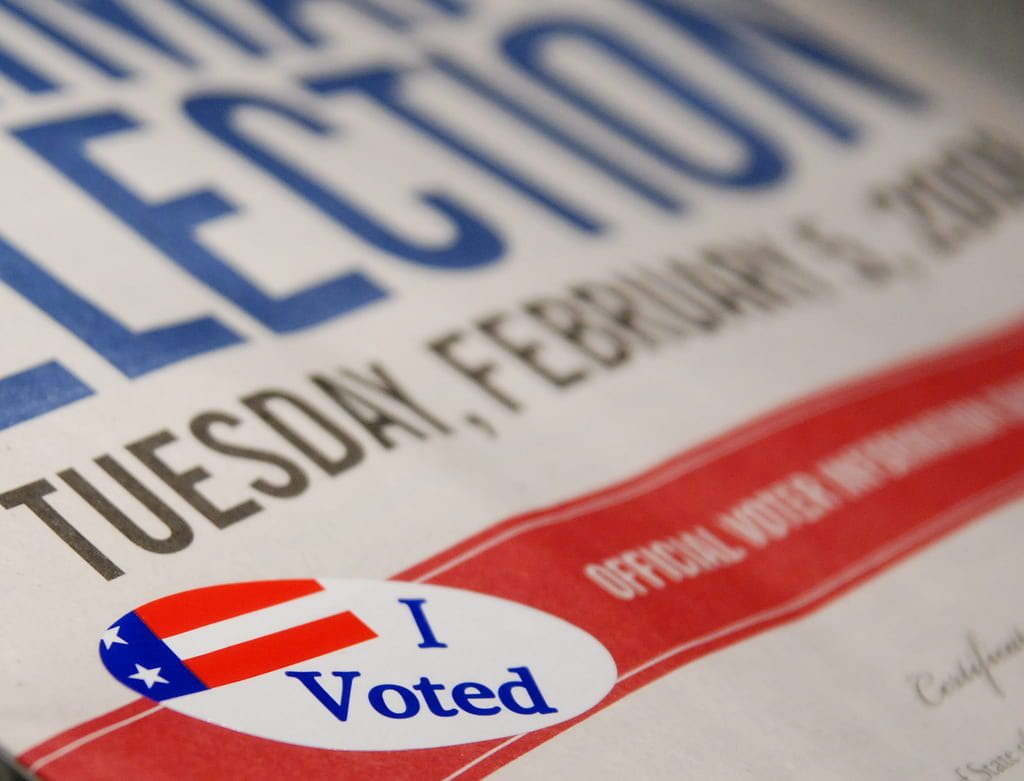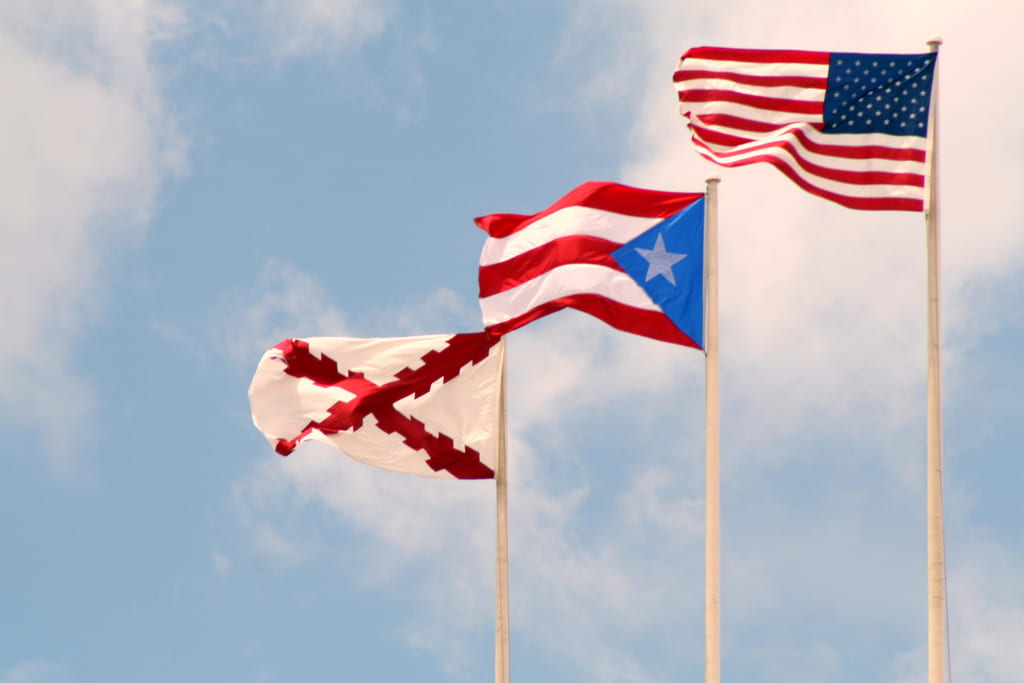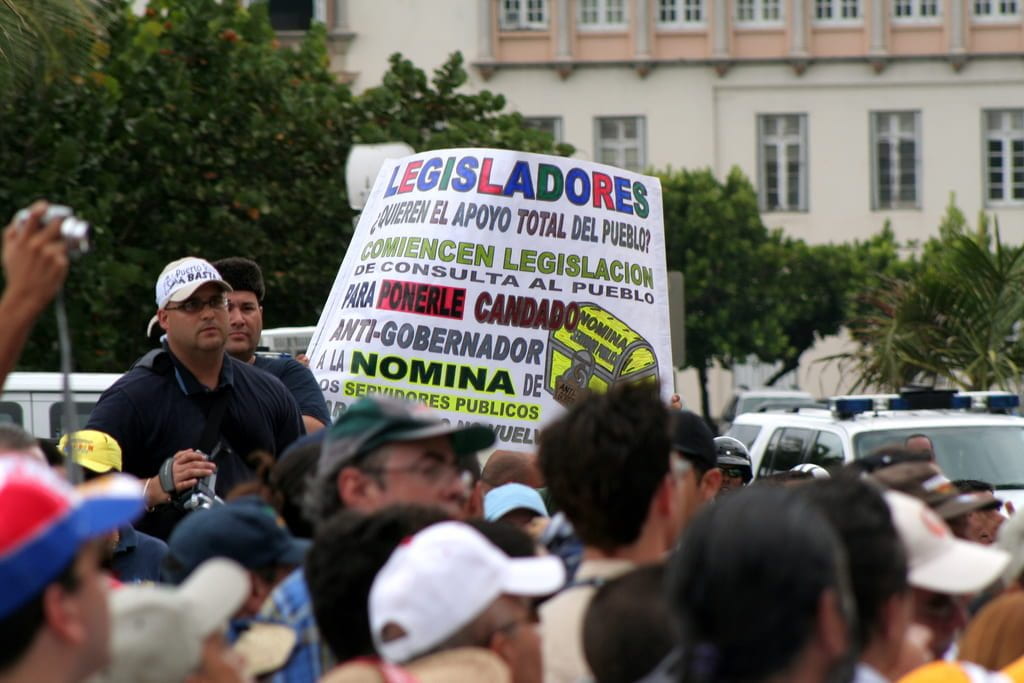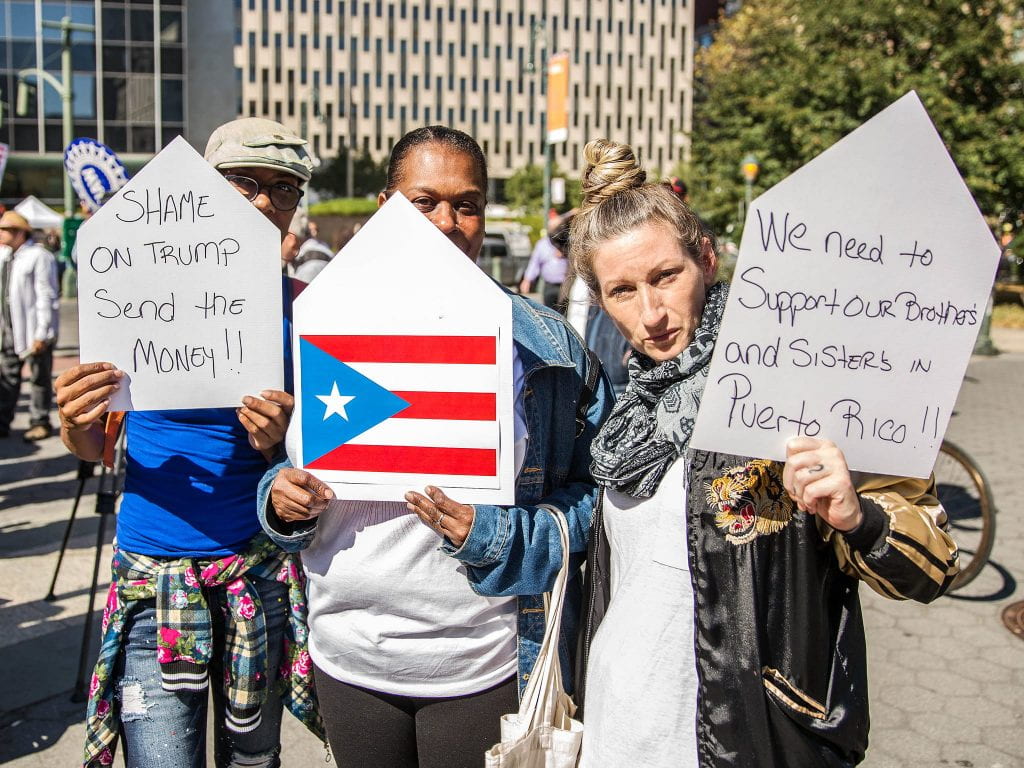by Pamela Zuber
What Is the Voting Rights Act and Its Legacy?
August 6, 2018 marked the fifty-third anniversary of the signing of the Voting Rights Act. U.S. president Lyndon B. Johnson signed this legislation in the hopes that it would end discriminatory practices that made it difficult for African Americans and other people to vote.
As idealistic as it was, the legislation did not stop such difficulties. Like other laws, the Voting Rights Act has produced mixed results.
But, given recent developments, it appears that the legislation has done more good than harm. Enforcing its measures has supported the voting efforts of many people, while suppressing its measures has had the opposite effect.
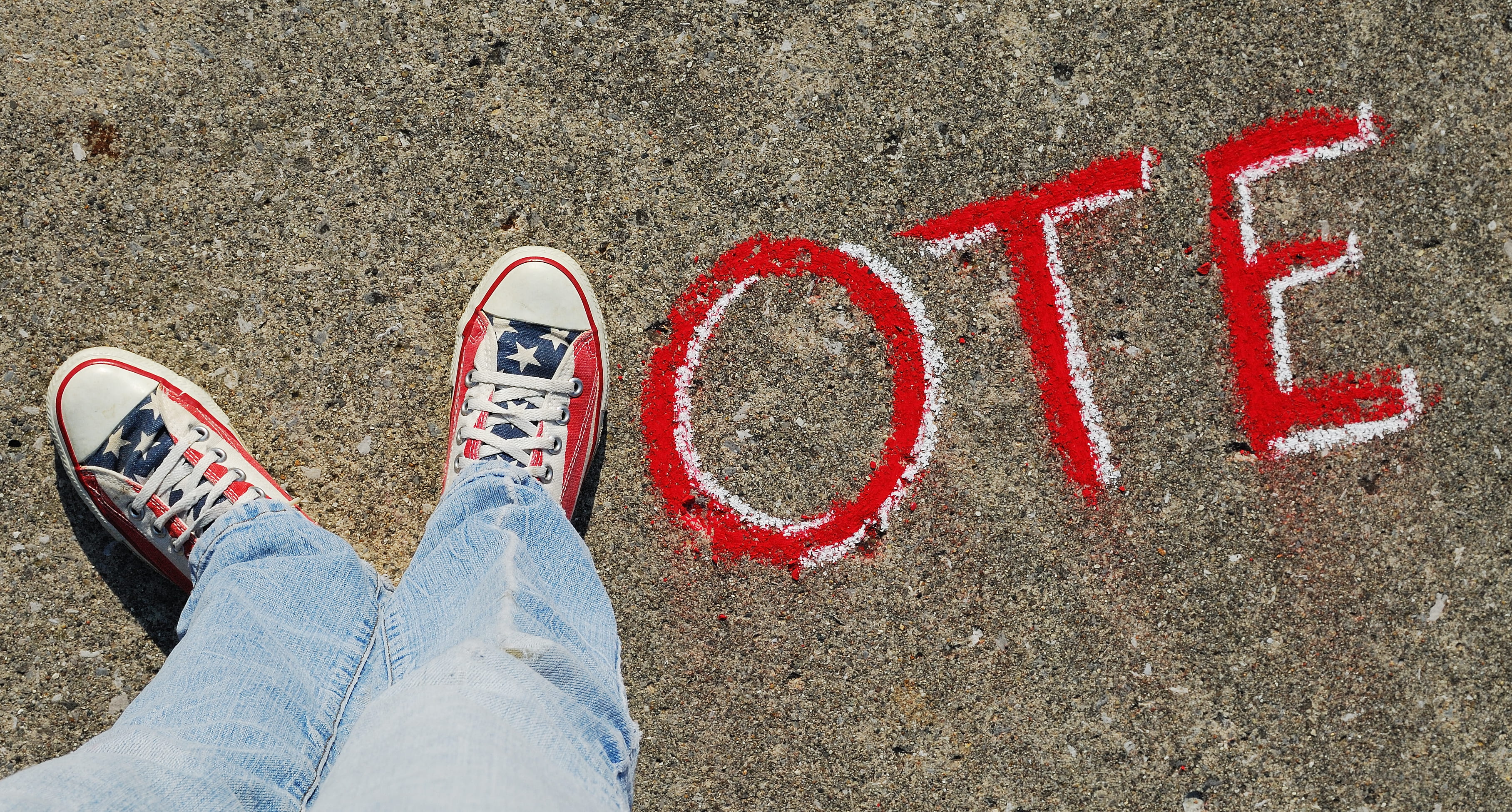
What Is the History Behind the Voting Rights Act?
Ratified in 1870, the Fifteenth Amendment of the U.S. Constitution stated that the “right of citizens of the United States to vote shall not be denied or abridged by the United States or by any state on account of race, color, or previous condition of servitude.”
But, for decades, authorities still found ways to disenfranchise African Americans, immigrants, and the poor. They issued literacy tests under the pretense that only the educated should allowed to vote. They levied poll taxes that charged people fees to vote. U.S. women, of course, faced blatant discrimination, too, since they did not have the right to vote until 1920.
Protests against disenfranchisement and other violations of human and civil rights, especially in the 1960s, shone spotlights on these injustices. This publicity sometimes came at great costs to the participants.
Protesters sometimes needed medical care due to the brutal treatment they received at the hands of police or civilian vigilantes. Vicious beatings, attacks from police dogs, blasts from fire hoses, and death threats were common tactics used against the protesters.
Some attacks were even worse. Some people lynched or shot protesters who questioned the status quo.
James Chaney, Andrew Goodman, and Michael “Mickey” Schwerner traveled to Mississippi in June, 1964 to advocate for educational and voting opportunities for African Americans. The Ku Klux Klan (KKK) murdered them. The KKK members did not face criminal prosecution for the crime at the time.
Decades later, in 2005, a local newspaper investigation produced evidence that helped lead to the conviction of a local Klansman. But, even then, justice was muted, since the Klansman’s conviction was on charges of manslaughter, not murder.
People thus used both discriminatory legislation and outright illegal intimidation to prevent African Americans from voting. The Voting Rights Act aimed to end these tactics.
What Did the Voting Rights Act Do?
Partly, at least for a time. The Voting Rights Act significantly increased the number of African American voters in some areas. In Mississippi, six percent of African Americans voted in 1964. Just five years later, sixty-nine percent of African Americans voted in Mississippi.
Because of the Voting Rights Act, states and local governments are no longer able to issue tests that restrict some people from voting. It is no longer legal for authorities to intimidate people physically, mentally, or financially in order to prevent them from participating in government affairs.
To enforce the act, Section 4 of the Voting Rights Act created a coverage formula to determine if jurisdictions complied with the act. As part of this formula, the federal government monitored jurisdictions that had discriminated against voters in the past.
The formula required that jurisdictions
- Suspend literary tests or other tests used to determine whether people were eligible to vote.
- Submit themselves to review by the U.S. attorney general or Washington DC’s district court if the jurisdictions made voting-related changes.
- Agree to be under the review of federal examiners who would prepare lists of eligible voters.
- Work with federal observers in jurisdictions with federal examiners.
- Allow people who have attended foreign-language elementary schools to vote.
- Provide information and voting opportunities for non-English speakers.
Many of the stipulations in the coverage formula required federal oversight if jurisdictions wanted to change election procedures or laws, a process known as preclearance. Preclearance was the law of the land for decades, but it was not without its criticism.
The criticism prompted many challenges and lawsuits, which culminated in the 2013 U.S. Supreme Court decision Shelby County v. Holder. This decision invalidated the coverage formula and said that the U.S. Congress could create new coverage formulas, but Congress has not done so.
What Do Voting Rights Look Like Today?
Less oversight has eroded the Voting Rights Act and voters’ rights in general. Despite this legislation and the gains it brought, people are finding an increasing number of barriers to voting.
A growing number of jurisdictions have added requirements for voting or are asking voters to consider such requirements:
- Many states require people to possess specific forms of identification, such as driver’s licenses, in order to vote. Many older or disabled adults do not have such identification, so it can make it difficult for them to register to vote.
- Alabama closed thirty-one offices that issued driver’s licenses in 2015 even though the state had strict laws that required voters to show identification, such as driver’s licenses, in order to vote. Many of the offices were located in areas with high African American populations and were reopened due to criticism.
- North Carolina residents will vote in November 2018 to determine if the state should add an amendment to the state constitution stating that voters will need photo identification to vote in future elections. A federal court struck down a similar North Carolina law in 2016.
- New Hampshire passed a 2018 law that required people to be permanent full-time residents if they wanted to vote in the state.
- Wisconsin residents at a 2018 hearing testified that changes in their voting districts had spread Democratic Party voters across such a large geographic area that their votes were rendered less powerful. Critics also claim that the state has excessively strict voter ID laws that disproportionately affect Democratic Party and African American voters.
Wisconsin residents voted for Republican Party candidate Donald Trump over Democratic Party candidate Hillary Clinton in the 2016 U.S. presidential election. Trump’s narrow victory in Wisconsin helped him win the Electoral College and the presidency.
If Wisconsin’s Democratic Party voters were in fact suppressed, voter suppression could have decided the outcome of the 2016 presidential election. Voter suppression thus could have wide-ranging consequences.

Why Are Voting Rights Important?
As the case of Wisconsin indicates, changing the voting districts can muffle citizens’ voices – and those are people who are allowed to register and cast votes. Voter suppression laws also make it difficult for people to even register to vote in the first place.
But, voting is a fundamental tool of citizenship. It enables people to express their opinions through their ballots. In the words of Ajanet Rountree, voting invites people to join the “political and social narrative.”
If people cannot vote, they cannot join this discussion. If disabled people lack certain types of photo IDs in states that require such IDs, or if they are not able to arrange transportation to the polling places, they will be unable vote or even to register to vote.
The disabled people might miss opportunities to vote for candidates or issues that have direct bearing on their lives. For example, they might miss the opportunity to vote for a candidate who consistently votes in favor of expanded Medicaid coverage.
The suppressed voters might rely on Medicaid to pay for their considerable medical expenses. But, if they do not have adequate Medicaid coverage, they could experience problems with their physical and mental health. This lack of Medicaid coverage could even affect the people’s finances and living situations if their rent/mortgage money has to be reallocated to pay for their rising medical costs. Not being able to vote could thus directly impact people in several ways.
Proponents of strict ID laws say that the requirements can help prevent voter fraud. But, observers note that voter fraud appears to be more common among people who use absentee ballots, people who are predominantly white. ID requirements do not typically address absentee ballots.
Voter identification laws disproportionately affect nonwhite voters. Writing in Newsweek, Mirren Gidda noted that “the turnout gaps between white and ethnic minority voters are far higher in states where people must show ID during or after voting.”
Others commentators echo these findings. “[R]esearchers found that strict ID laws doubled the turnout gap between whites and Latinos in the general elections, and almost doubled the white-black turnout gap in primary elections,” wrote Vann R. Newkirk II in The Atlantic.
Because of this disparity, organizations such as the National Association for the Advancement of Colored People (NAACP) have worked to challenge discriminatory laws and enforce the provisions of the Voting Rights Act. The NAACP sued Alabama after the closure of many driver’s license offices and was active in the Shelby County v. Holder case.
Organizations such as Let America Vote are hoping to invite more people to join the civic discussion. The organization includes information about registering to vote and voter guides to different elections. It supports candidates in different states who have worked to uphold voter rights.
The NAACP and Let America Vote join other organizations that promote enfranchisement. The American Civil Liberties Union (ACLU) website includes a wealth of information about its advocacy and other efforts to promote voting rights.
Voter suppression currently exists. But, if we utilize the provisions of the Voting Rights Act and other efforts that support voting, we can work to restore and enforce this fundamental right of democracy.
About the author: Pamela Zuber is a writer and editor interested in current events, history, health, business, and a wide variety of other topics.
